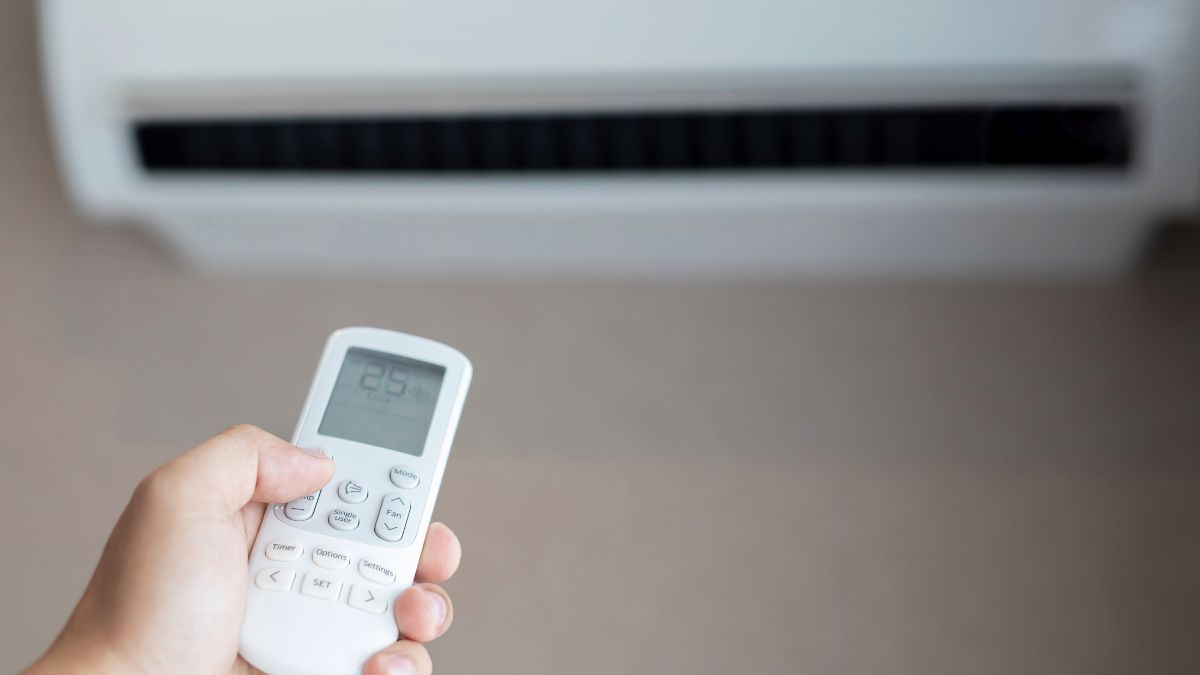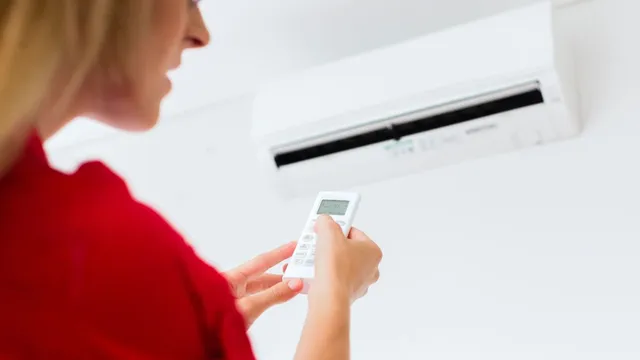- By Iram Hussain
- Thu, 03 Jul 2025 10:02 AM (IST)
- Source:JND
As the monsoon season intensifies, bringing heavy rains and storms across the country, homeowners are faced with a dilemma: is it safe to run their air conditioners during such turbulent weather? While air conditioners provide a welcome respite from the sweltering summer heat, using them incorrectly during stormy conditions can have costly and potentially hazardous consequences. The risks associated with running ACs during heavy rain and storms are real and experts caution against common mistakes that can damage the appliance or pose safety risks.
With power disruptions and electrical surges a common occurrence during storms, concerns about running the AC are well-founded, making it essential to exercise caution and follow safety guidelines to avoid damaging the unit or risking electric shock.
Impact Of Light Rains
In contrast to heavy downpours, light rain can actually be beneficial for air conditioners, helping to wash away accumulated dust and debris. As long as the rain doesn't cause water to collect around the outdoor unit, it can be a welcome cleaning agent. However, severe weather conditions bring a host of other challenges including frequent power outages and voltage fluctuations which can put excessive stress on the AC's compressor.
Impact of Heavy Rains
The monsoon season's high humidity levels force air conditioners to work overtime to remove excess moisture from the air, resulting in a significant spike in electricity bills. Furthermore, the thunderstorms that accompany the rainy season increase the risk of lightning strikes which can potentially damage electrical appliances including air conditioners.
ALSO READ: Is Sleeping In AC All Night Harming Your Health? Consequences You Shouldn't Ignore

Is it safe to use ac in the rainy day? (Image Credits: Canva)
Rooftops Need Proper Drainage
Improperly installed outdoor units on rooftops without adequate drainage systems can lead to water accumulation which can compromise the internal wiring and disrupt the electric current. Moreover, the intense pressure generated by storms can cause damage to the fan while debris such as soil or pebbles can clog the unit.
Reasons To Turn Off AC
To err on the side of caution, it's recommended to turn off air conditioners during severe rainstorms and turbulent weather, minimising the risk of damage. Alternatively, utilising fans or harnessing natural airflow by opening windows can effectively maintain a comfortable indoor environment while also reducing electricity consumption.
ALSO READ: Air Conditioner vs Fan: Is It Smart To Use Both At The Same Time?
Measures To Protect AC
To safeguard the air conditioning system, covering the outdoor unit during severe weather conditions can effectively prevent dirt, debris and water from entering and causing damage. Following a storm, a thorough inspection of the outdoor air conditioning unit is essential to identify and clear any debris, blockages or damage.

